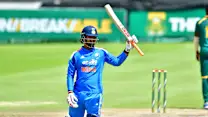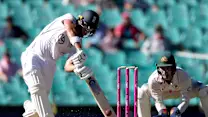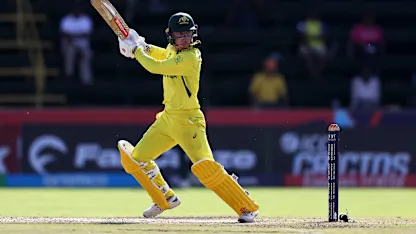News

ICC Under-19 Cricket World Cup, 2026
Sooryavanshi and India hit top form ahead of U19 World Cup

ICC Men's T20 World Cup, 2026
Pacer's recovery bolsters Pakistan's T20 World Cup ambitions

ICC World Test Championship, 2025/27
Bethell shines in Sydney with Australia in firm control

ICC Women's T20 World Cup Global Qualifier, 2026
ICC Women's T20 World Cup 2026 Qualifier fixtures revealed

ICC World Test Championship
Australia continue to press despite Bethell resistance in Sydney
Editor's Picks
ICC World Test Championship
Anderson weighs in on England's tactics at the AshesICC Women's Emerging Nations Trophy, 2025
ICC Women’s Emerging Nations Trophy Day 5 wrapICC World Test Championship
Bavuma in awe of South Africa's 'massive' feat in IndiaICC World Test Championship
ICC World Test Championship 2025-27: State of Play
